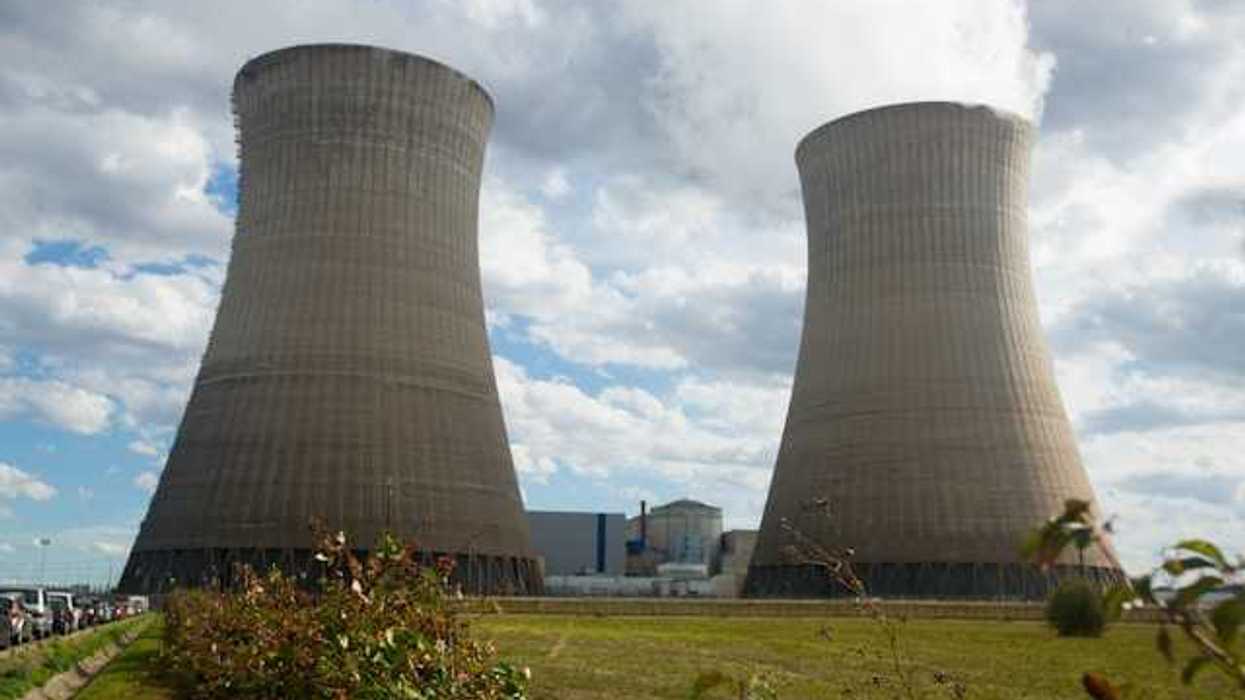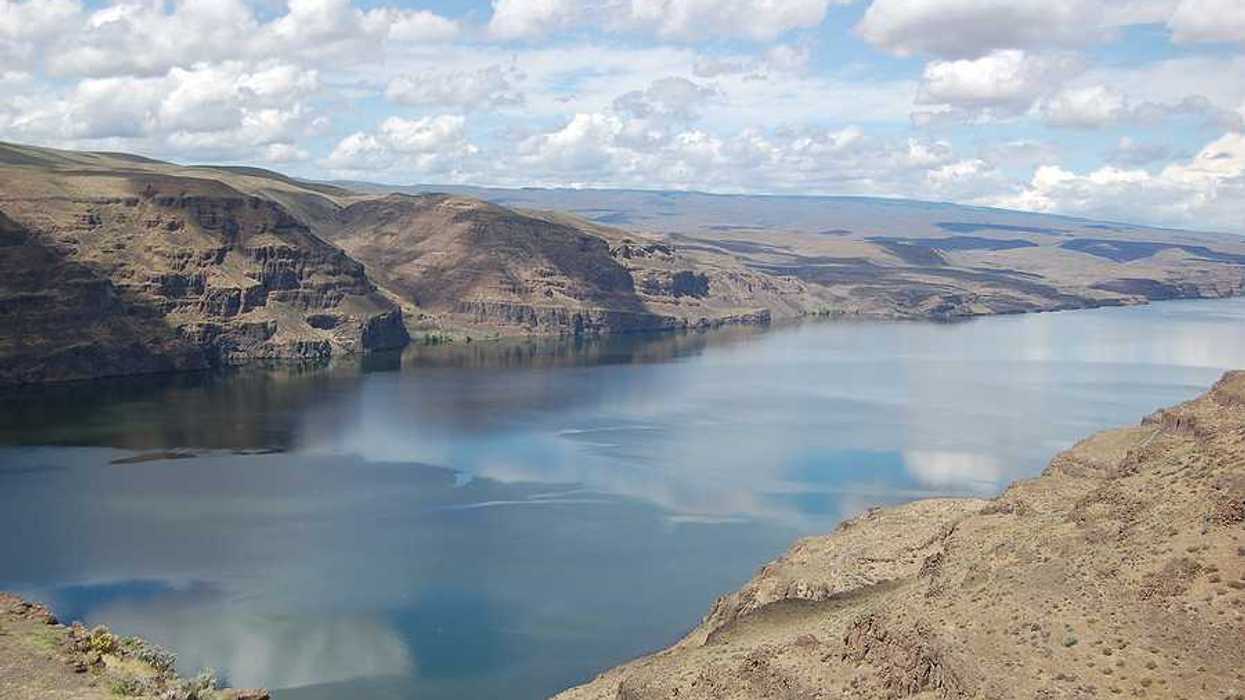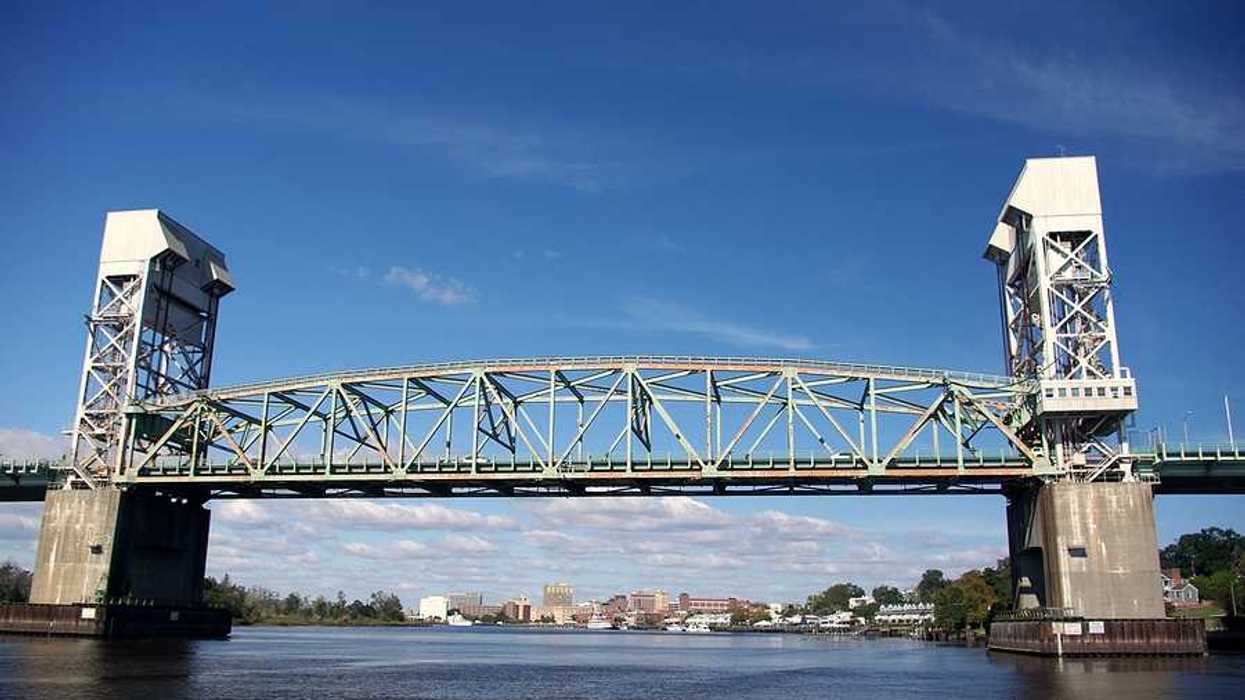As water levels at Lake Powell plummet to alarming lows, the Glen Canyon Dam faces significant infrastructure challenges, prompting urgent calls from conservation groups for innovative water management strategies.
In short:
- Damage to the "river outlet works" at Glen Canyon Dam, which are crucial for water flow when levels are low, was recently uncovered.
- This discovery could hinder the regular use of these outlet tubes, potentially affecting water delivery to the Colorado River.
- Concerns are growing over the potential for invasive fish species to threaten native fish populations due to the compromised water flow.
Key quote:
"I think it's really important for people to recognize how much of a threat this is to our water delivery system."
— Eric Balken, executive director of the Glen Canyon Institute
Why this matters:
Lake Powell serves as a vital source of electricity through the Glen Canyon Dam, providing power to millions of homes and businesses. However, dwindling water levels are diminishing the dam's capacity to generate electricity, potentially leading to energy shortages and increased reliance on alternative, often less sustainable, sources.














